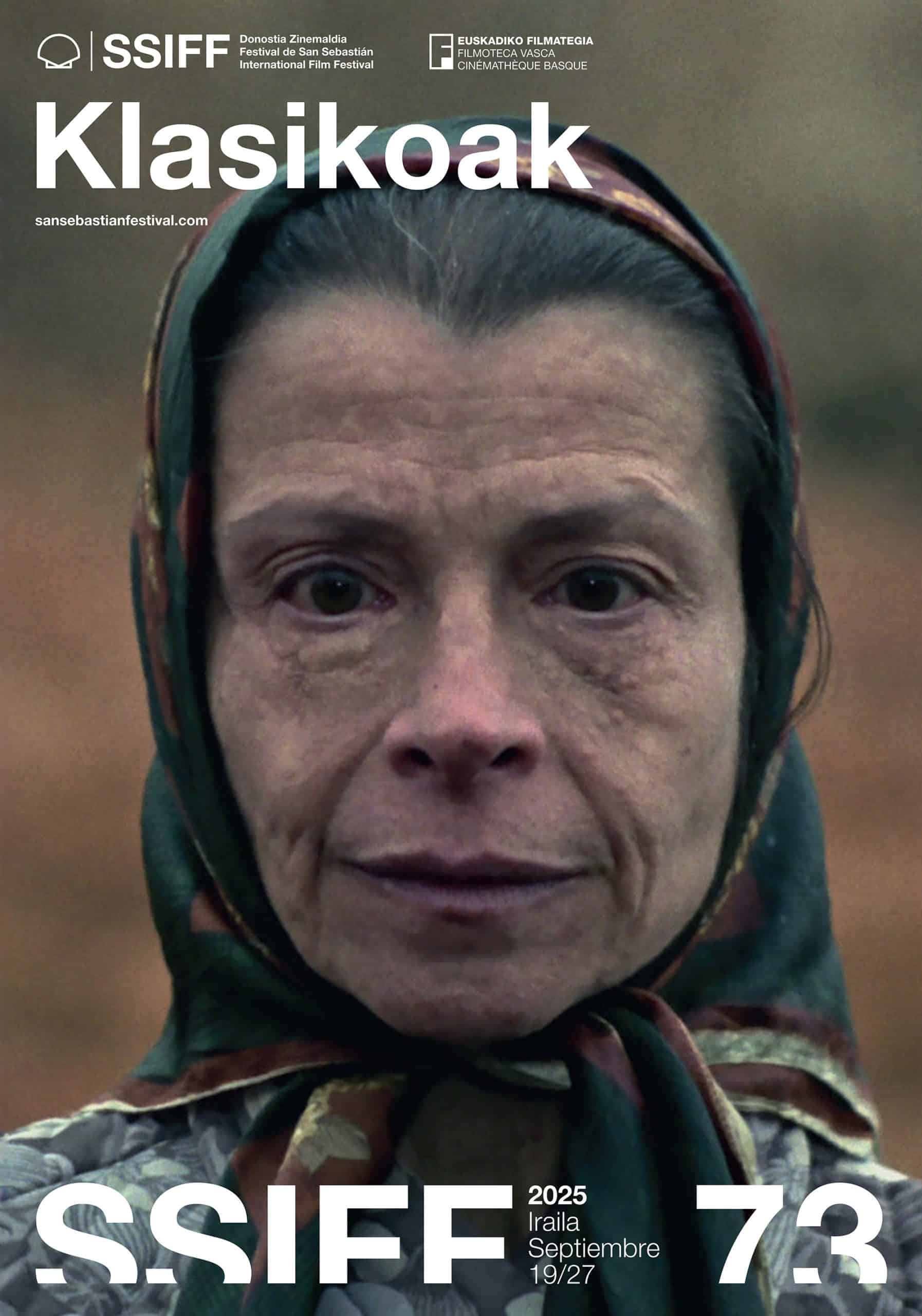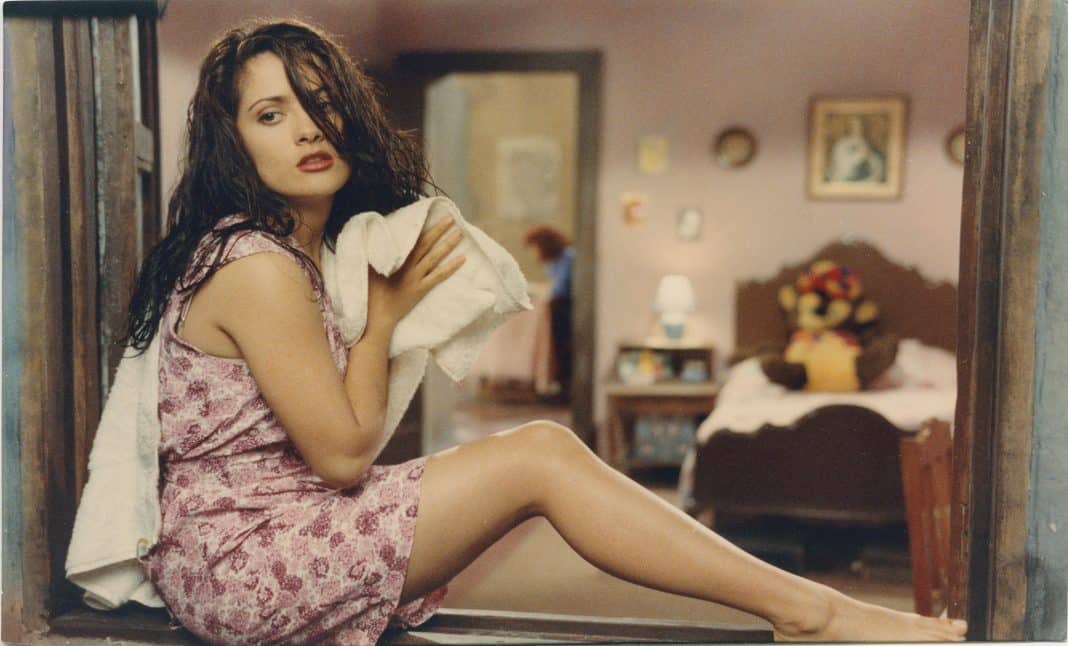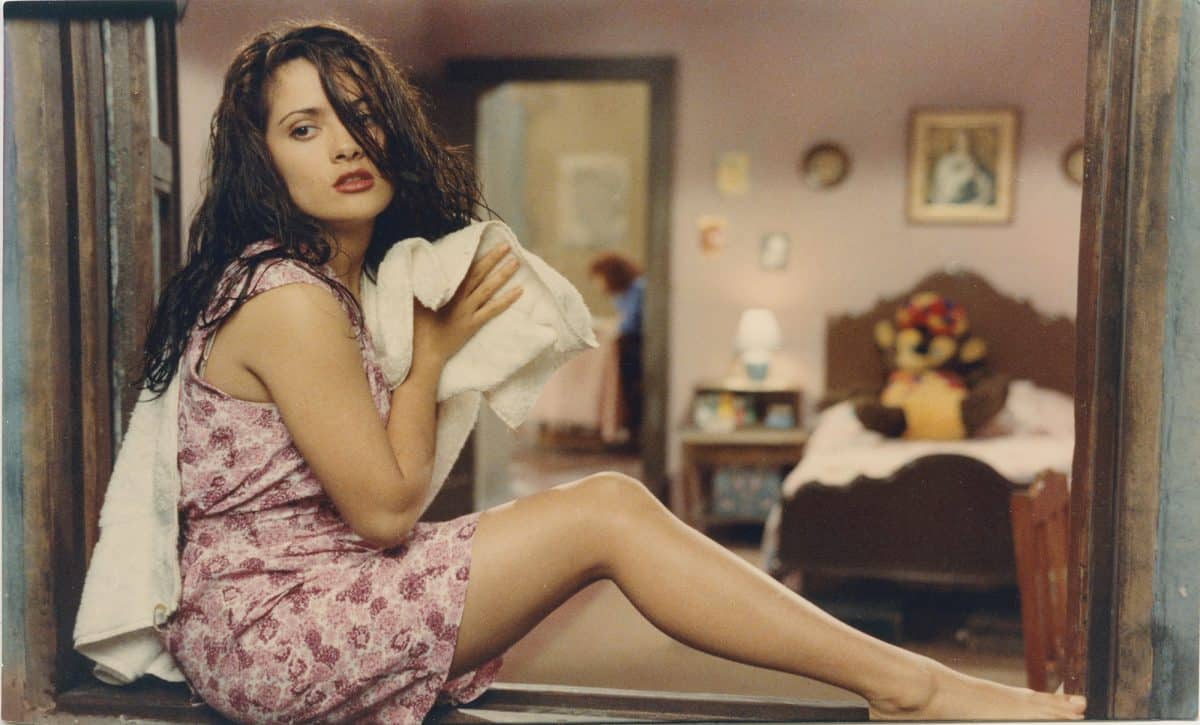The San Sebastian Film Festival has unveiled the lineup for its Klasikoak program, the annual showcase dedicated to restored classics and rediscovered works of world cinema. The 73rd edition of the Festival, running Sept. 19–27, will feature 12 titles in the section, led by José Luis Borau’s “Furtivos” (“Poachers”), winner of the Golden Shell in 1975 and returning to mark its 50th anniversary.
The 12 titles in this year’s Klasikoak lineup span Europe, Asia and Latin America, and bring a mix of canonical directors and lesser-seen works back to the big screen.
French filmmaker Christian-Jaque’s “Un revenant” (“A Lover’s Return,” 1946), starring Louis Jouvet, sets its tale of vengeance in postwar Lyon. The director, best known for “Fanfan la Tulipe” (1952), which earned Best Director Award in Cannes and Silver Bear in Berlin, was present at the inaugural edition of San Sebastian in 1953 with “Singoalla” and returned three years later with “Si tous les gars du monde…,” winner of the Award for Best Screenplay – Foreign Film.
Jorge Fons’ “El callejón de los milagros” (“Midaq Alley,” 1994) will close the Klasikoak program. The Mexican director’s adaptation of Naguib Mahfuz’s novel starred Salma Hayek, Bruno Bichir, Ernesto Gómez Cruz and María Rojo, and earned a special mention at Berlin. Fons, who died in 2022, was a frequent presence at San Sebastian, where he won the Special Jury Prize for “Rojo amanecer” (1990) and competed in the official selection with “Los cachorros” (1975).
Antonio Giménez-Rico’s “Vestida de azul” (“Dressed in Blue,” 1983) also joins the lineup. The documentary, groundbreaking in its time, premiered in San Sebastian’s Official Selection, drew attention to trans women during the years of the Spanish Transition. The festival revisited the film two years ago with a Talk on memory and trans activism to mark its 40th anniversary.
Antonio Giménez-Rico’s “Vestida de azul” (“Dressed in Blue,” 1983) will also screen. Groundbreaking in its time, the documentary drew attention to trans women during the years of the Spanish Transition. The film had its premiere in San Sebastian Festival’s Official Selection, which celebrated the 40th anniversary of that occasion two years ago with a Talk on the subject of memory and trans activism.
Stanley Kubrick’s “Barry Lyndon” (1975) returns to the festival in a restored print. The British director’s 10th feature, charting the rise and fall of an ambitious Irish adventurer played by Ryan O’Neal, won four Academy Awards — including cinematography and art direction — as well as a BAFTA for Best Director.
Japanese director Yoshimitsu Morita is represented with “Kazoku gemu” (“The Family Game,” 1983), a biting family satire that earned a special mention from the jury at the Locarno Film Festival.
Portuguese master Manoel de Oliveira appears with his first feature, “Aniki Bóbó” (1942), a neorealist portrait of childhood in Porto that presaged a career spanning nearly eight decades.
The section will also present four medium-length Spanish works from the 1980s: Alfonso Ungría’s “Ehun metro” (1985), Anjel Lertxundi’s “Hamaseigarrenean aidanez” (1985), Xabier Elorriaga’s “Zergatik panpox” (1985) and José Julián Bakedano’s “Oraingoz izen gabe” (1986).
Scroll down for the full Klasikoak lineup and details.
“Furtivos” (“Poachers”)
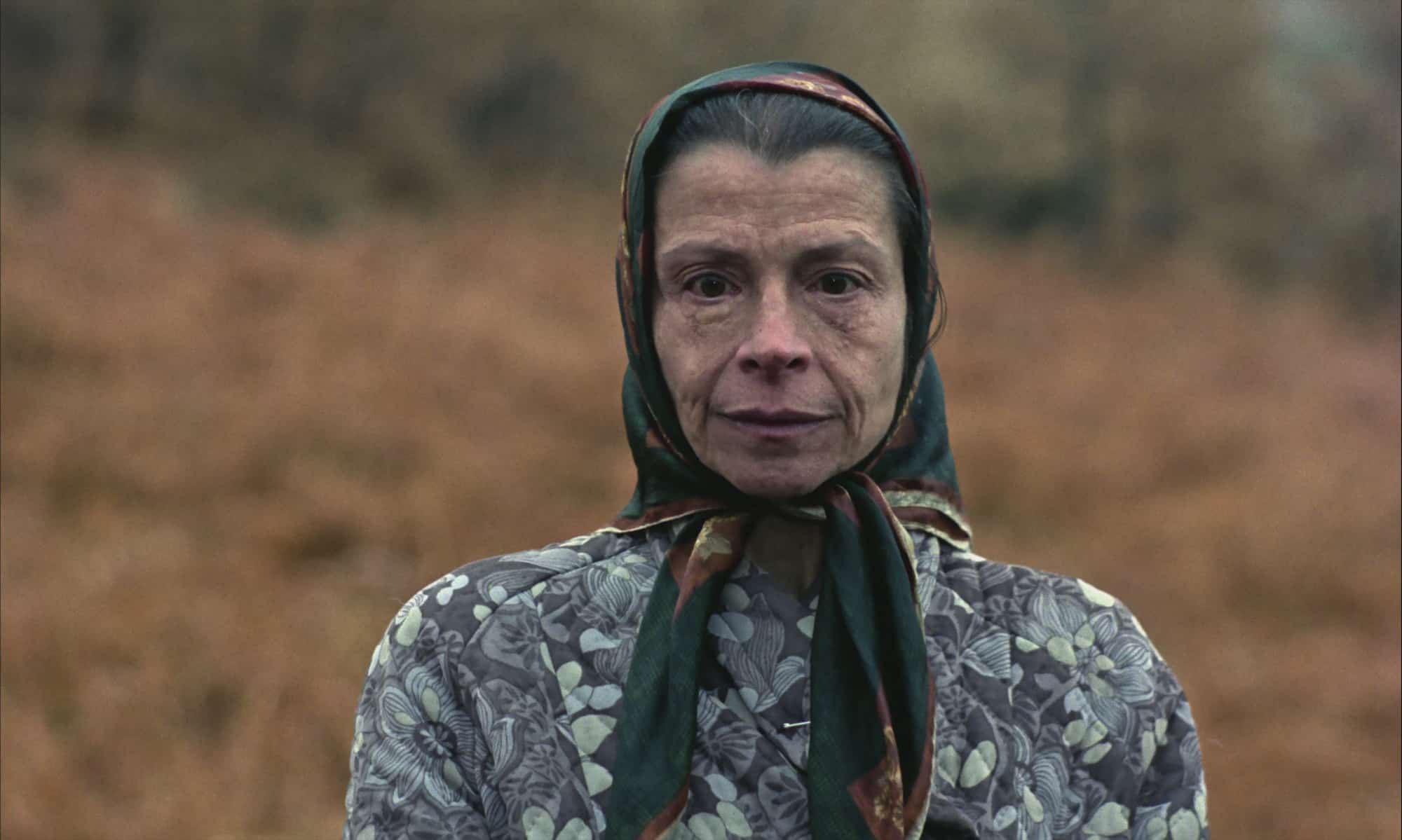
Director: José Luis Borau
Country of production: Spain, 1975
Cast: Ovidi Montllor, Lola Gaos, Alicia Sánchez, José Luis Borau
Opening Film
An intense drama that explores the dark depths of human relationships in a rural, oppresive setting. The plot centers on Ángel, a poacher who lives in near-total isolation with his possessive and authoritarian mother, Martina. The arrival of Milena, a young fugitive, drastically alters his precarious balance. Ángel falls in love with her, arousing his mother's unhealthy jealousy and setting in motion a spiral of violence, manipulation and tragedy.
“El Callejón de los Milagros” (“Midaq Alley”)
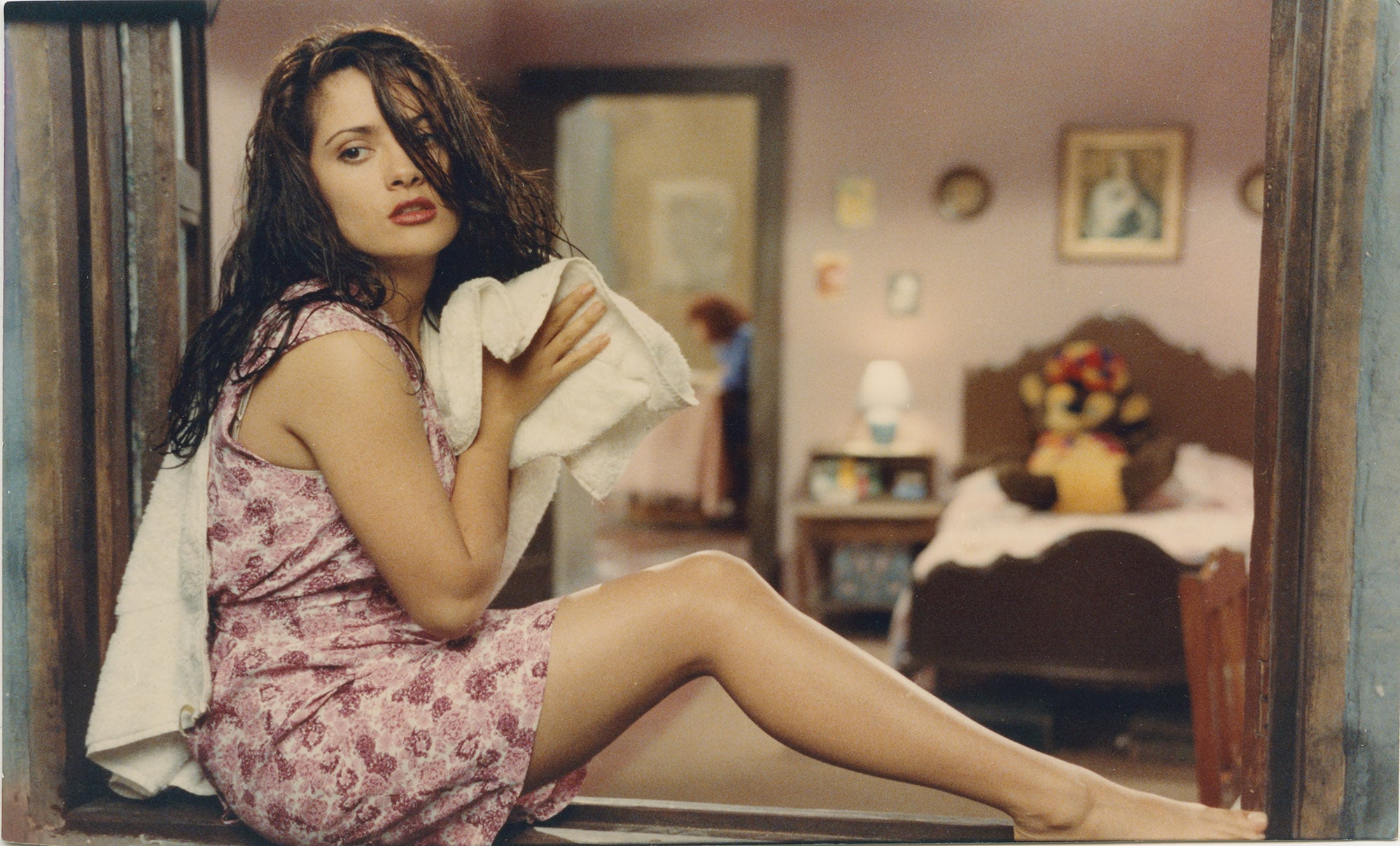
Director: Jorge Fons
Country of production: Mexico, 1994
Cast: Salma Hayek, Bruno Bichir, Ernesto Gómez Cruz, María Rojo, Margarita Sanz, Delia Casanova, Juan Manuel Bernal, Tiaré Scanda, Claudio Obregón, Abel Woolrich, Luis Felipe Tovar, Daniel Gimenez Cacho, Gina Morett, Oscar Yoldi
Closing Film
The film is a modern adaptation in the centre of Mexico City of the novel by Naguib Mahfuz, set in the Cairo of the forties. It focuses on Miracle Alley and is divided into four parts: the first three (Rutilo, Alma and Susanita) are self-standing tales of three people whose stories entwine with one another, and the fourth (El Regreso) completes the narratives a couple of years later.
“Aniki-Bóbó”
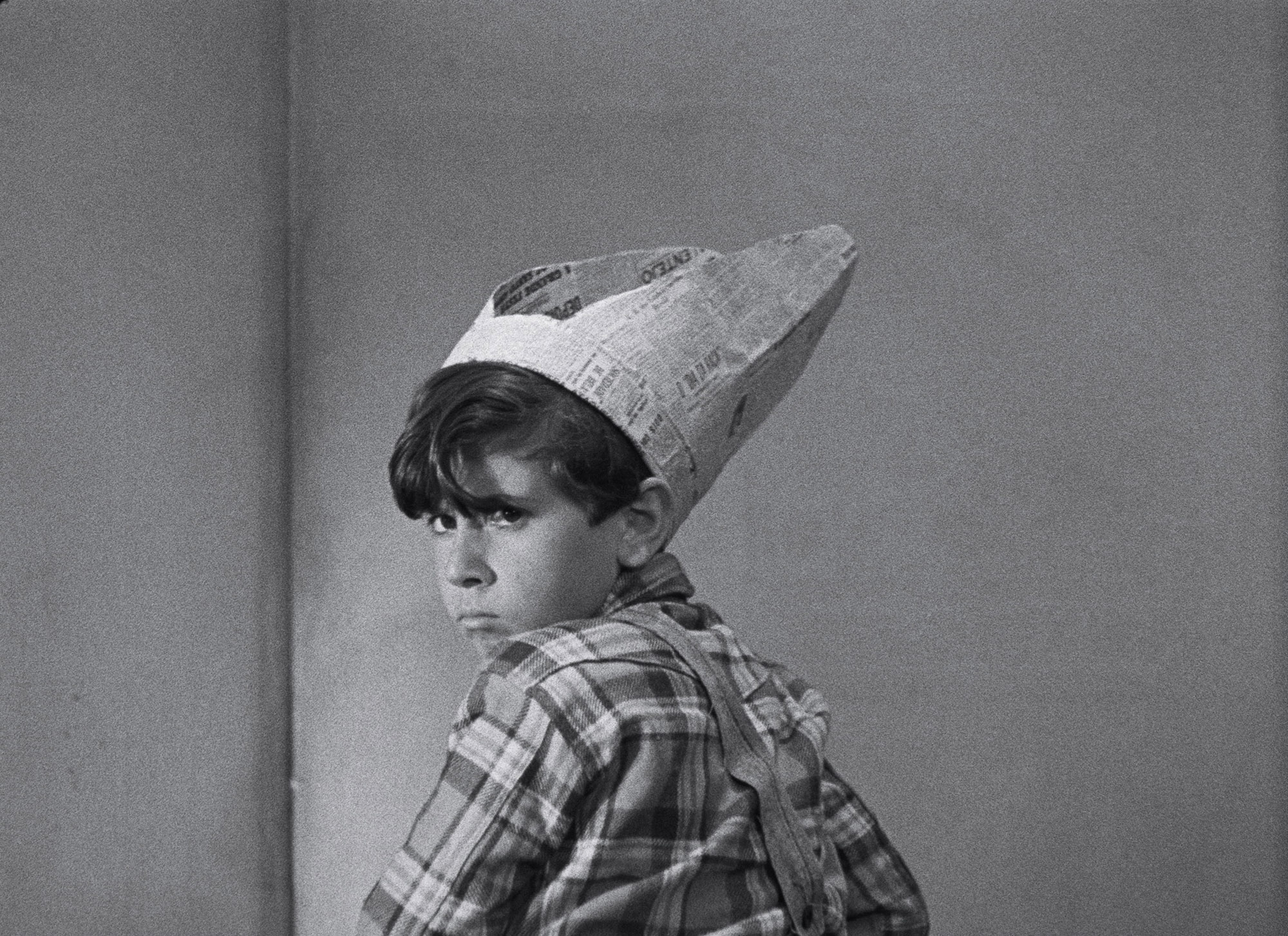
Director: Manoel de Oliveira
Country of production: Portugal, 1942
Cast: Nascimento Fernandes, Horácio Silva, António Santos, Fernanda Matos
Carlito, the shy dreamer, and Eduardinho, the fearless leader, both court Teresinha, the only girl in the group. To show his affection, Carlito steals a doll and one night, runs over rooftops to deliver it. Tension builds between the boys, and the group begins to turn against Carlito.
“Un revenant”
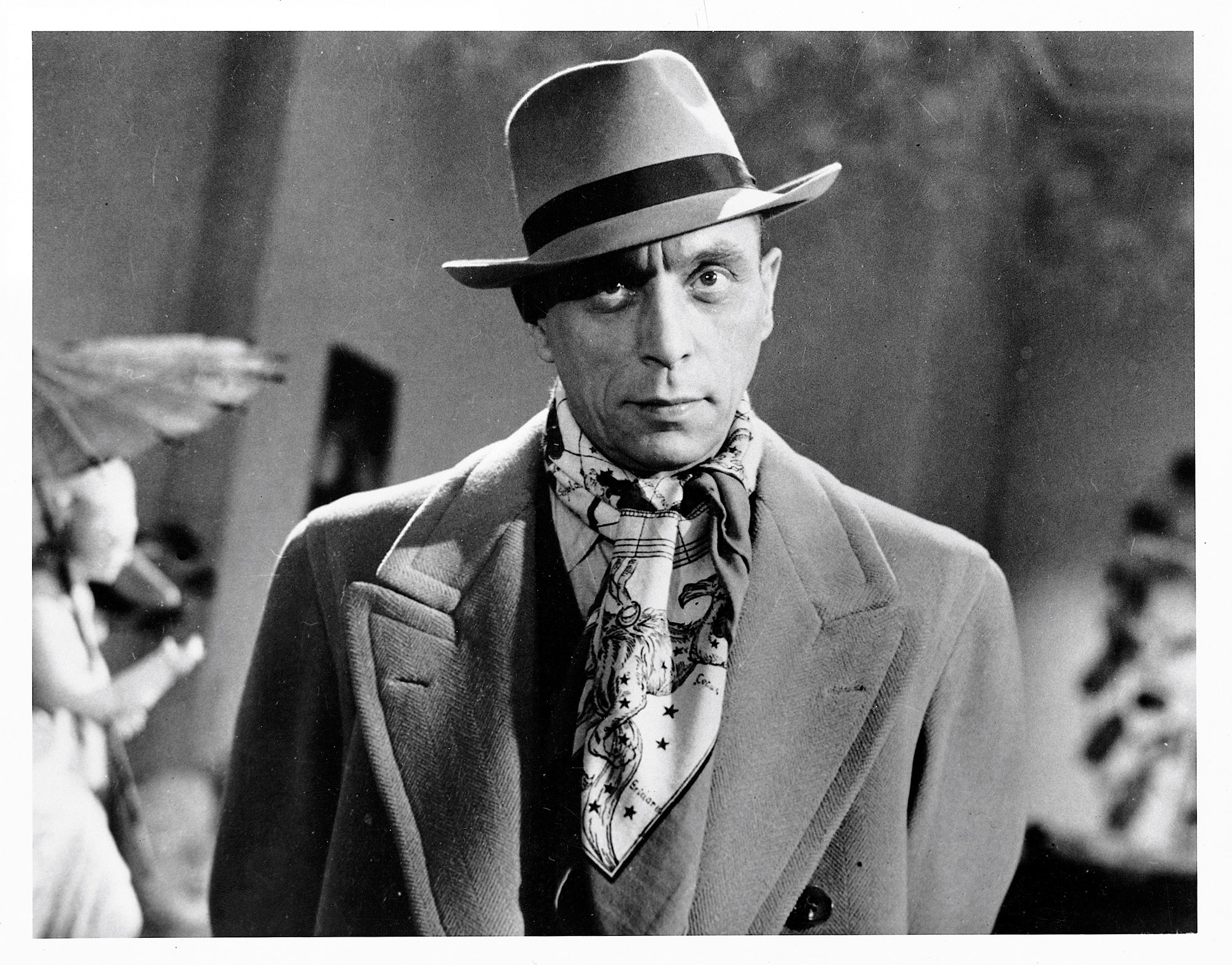
Director: Christian-Jaque
Country of production: France, 1946
Cast: Louis Jouvet, Gaby Morlay, François Périer
The bests revenges are served cold. Jean-Jacques returns to his hometown of Lyon, where 20 years earlier he had survived a murder attempt by one of his friends, a bourgeois who disapproved of his marriage to his sister. Jean-Jacques finds him, seduces Geneviève again, but cruelly abandons her and throws his friend's son into the arms of an unstable prima ballerina, nearly pushing him to suicide.
“Barry Lyndon”
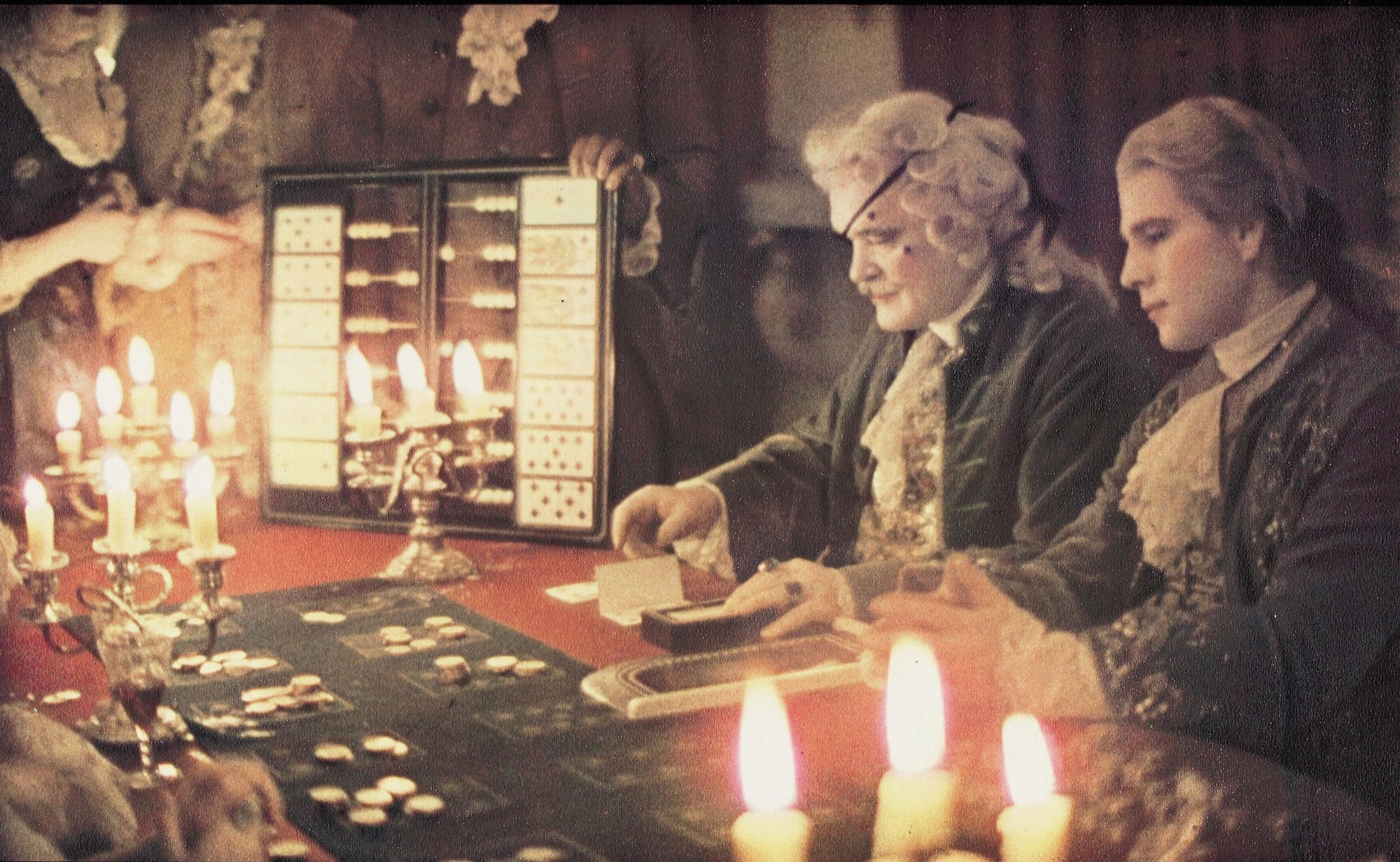
Director: Stanley Kubrick
Country of production: UK, 1975
Cast: Ryan O'Neal, Marisa Berenson, Patrick Magee, Hardy Krüger, Steven Berkoff
Adaptation of the novel by the English author William Thackeray. Barry Lyndon, a young and ambitious Irish rogue, has to emigrate because of a duel. He proceeds to lead merry and adventurous life. But his dream is to climb the social ladder. To succeed, he marries a wealthy widow, earning himself a place amongst the 18th-century English nobility.
“Kazoku gemu” (“The Family Game”)
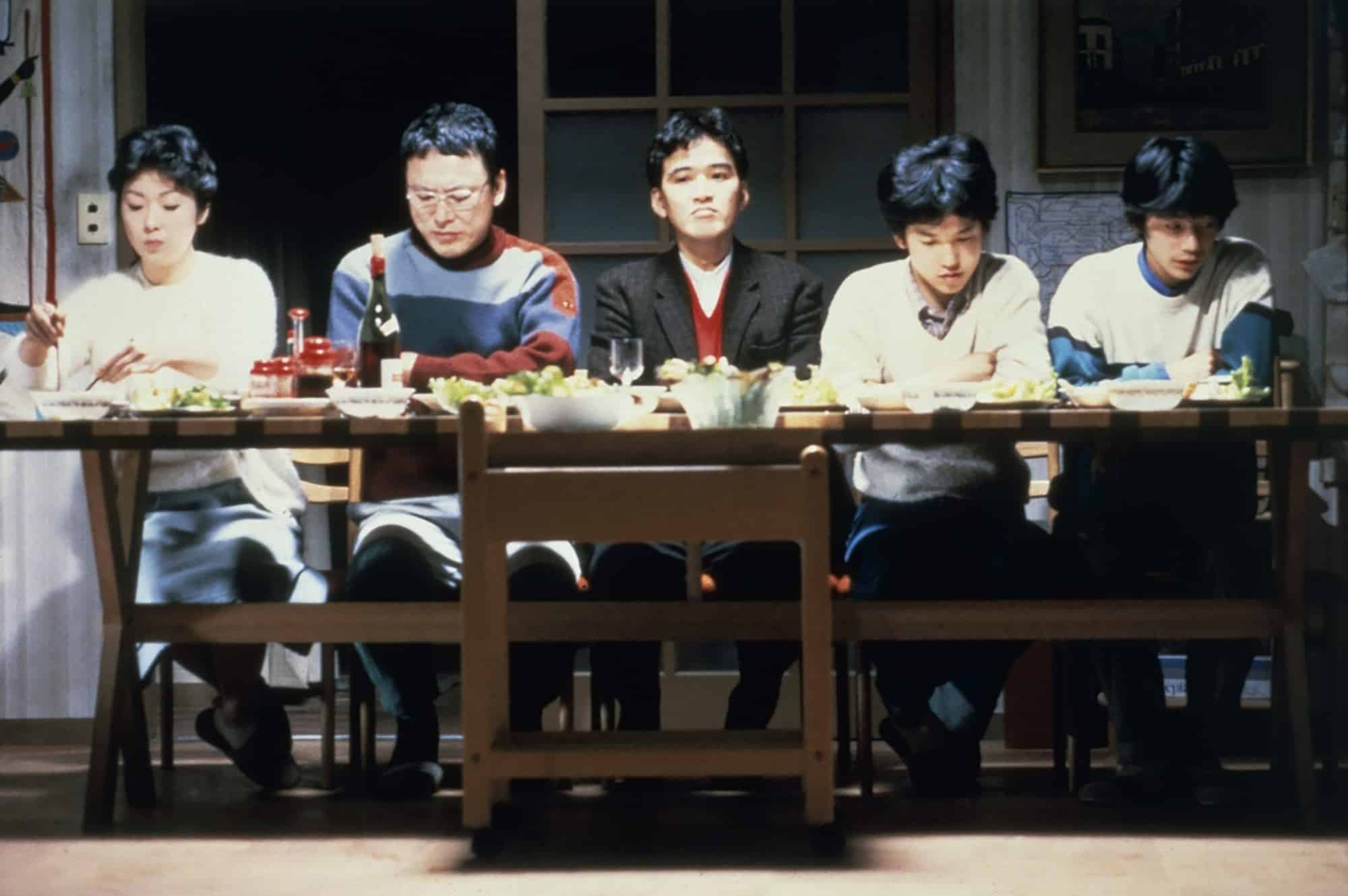
Director: Yoshimitsu Morita
Country of production: Japan, 1983
Cast: Yusaku Matsuda
The unraveling begins in what appears to be an ordinary lower-middle-class Japanese family when the parents hire a tutor to help their junior high school son with his failing grades. The enigmatic tutor is like a loose cannon, ricocheting through the family and twisting conventional facades into the realm of the absurd.
“Vestida de azul” (“Dressed in Blue”)
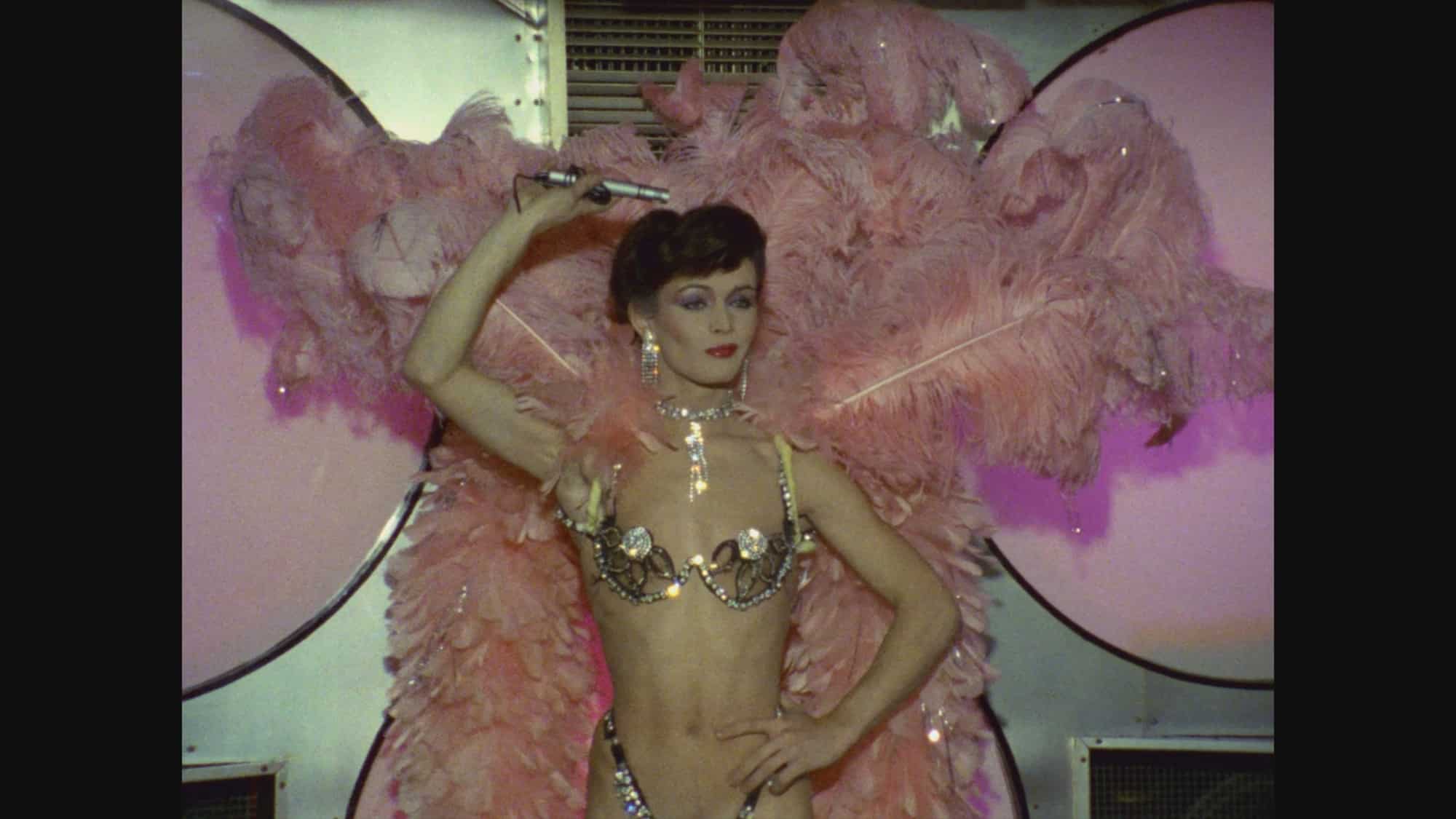
Director: Antonio Giménez-Rico
Country of production: Spain, 1983
This is the Madrid of 1983 and six stunning ladies of the night go about their profession in mink coats, tights and little more… until several police cars with flashing lights cordon off the street and carry off six trans women… “We're luxury whores!”. Over a relaxed lunch, they talk to the camera about their experiences as artists and prostitutes, about their alienation and repressive laws, about their youth and the discovery of being trapped in the wrong body.
“Ehun metro”
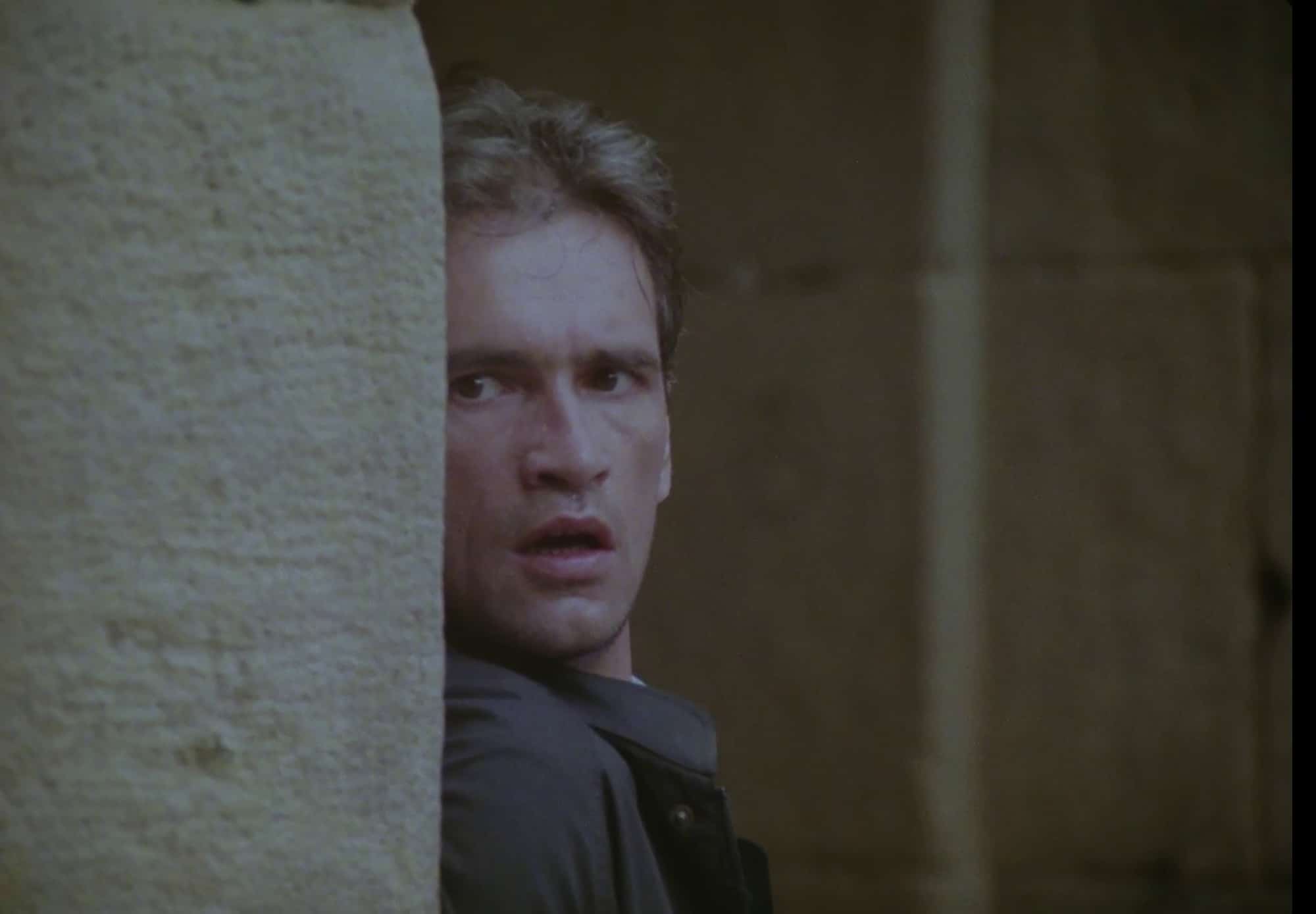
Director: Alfonso Ungría
Country of production: Spain, 1985
Cast: Patxi Bisquert, Carlos Zabala, Klara Badiola, Aritz Sarria, Paco Sagarzazu, Joseba Apaolaza, Ramón Aguirre, Enrique Salaberria, Ramón Barea, Santiago Burutxaga, Ramón Balenciaga, Luis A. García, José María Txukarro, Gabriel Begiristáin
It’s 8 in the morning one summer in the early 70s. Ion, an ETA activist, runs for his life through San Sebastian’s Old Town with the police hot on his heels. The city is coming to life, and people are going about their usual routine. As he runs, Ion looks back at the story of his life. His memories of school, where he was forced to renounce his identity, alternate with the look in his father’s eyes and the figure of Madeleine.
“Hamaseigarrenean aidanez”
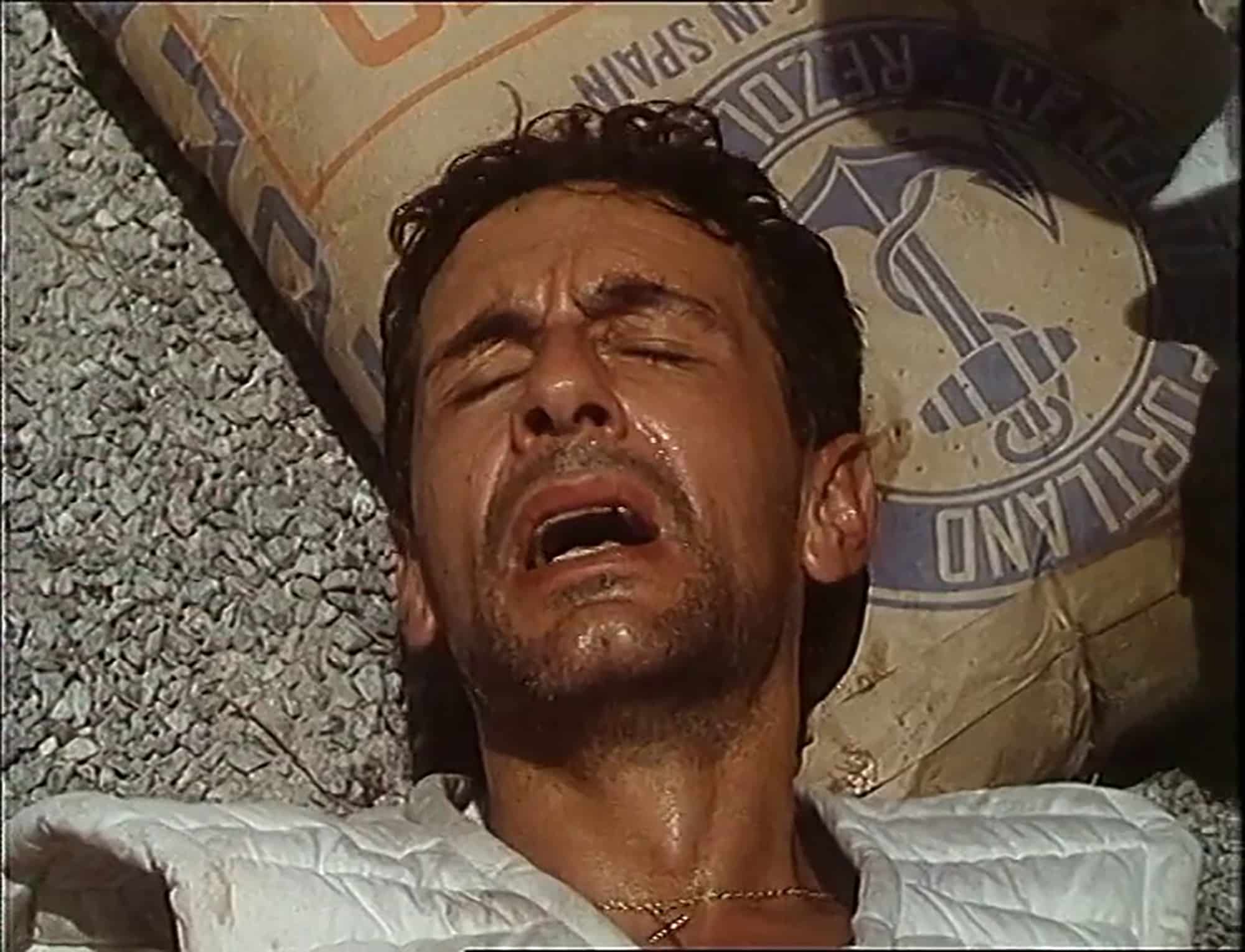
Director: Anjel Lertxundi
Country of production: Spain, 1985
Cast: Felipe Barandiaran, Kontxu Odriozola, Mikel Garmendia, Esther Remiro, Pilar Lerma, Xabier Auzmendi, Kontxa Carmona, José L. Castañares, Federico Santalla, Ana Miranda, Mikel Aizpurua, Lourdes González
Domingo lives for gambling. He takes bets at rowing boat races, pelota courts and the squares where all sorts of competitions ar. But it’s also an obsession that pushes him to take risks, always in cahoots with his cowardly and cynical sidekick, Kornelio. The loneliness of his wife Marcelina reveals the other side of a tale where tragedy could strike at any time.
“Zergatik panpox”
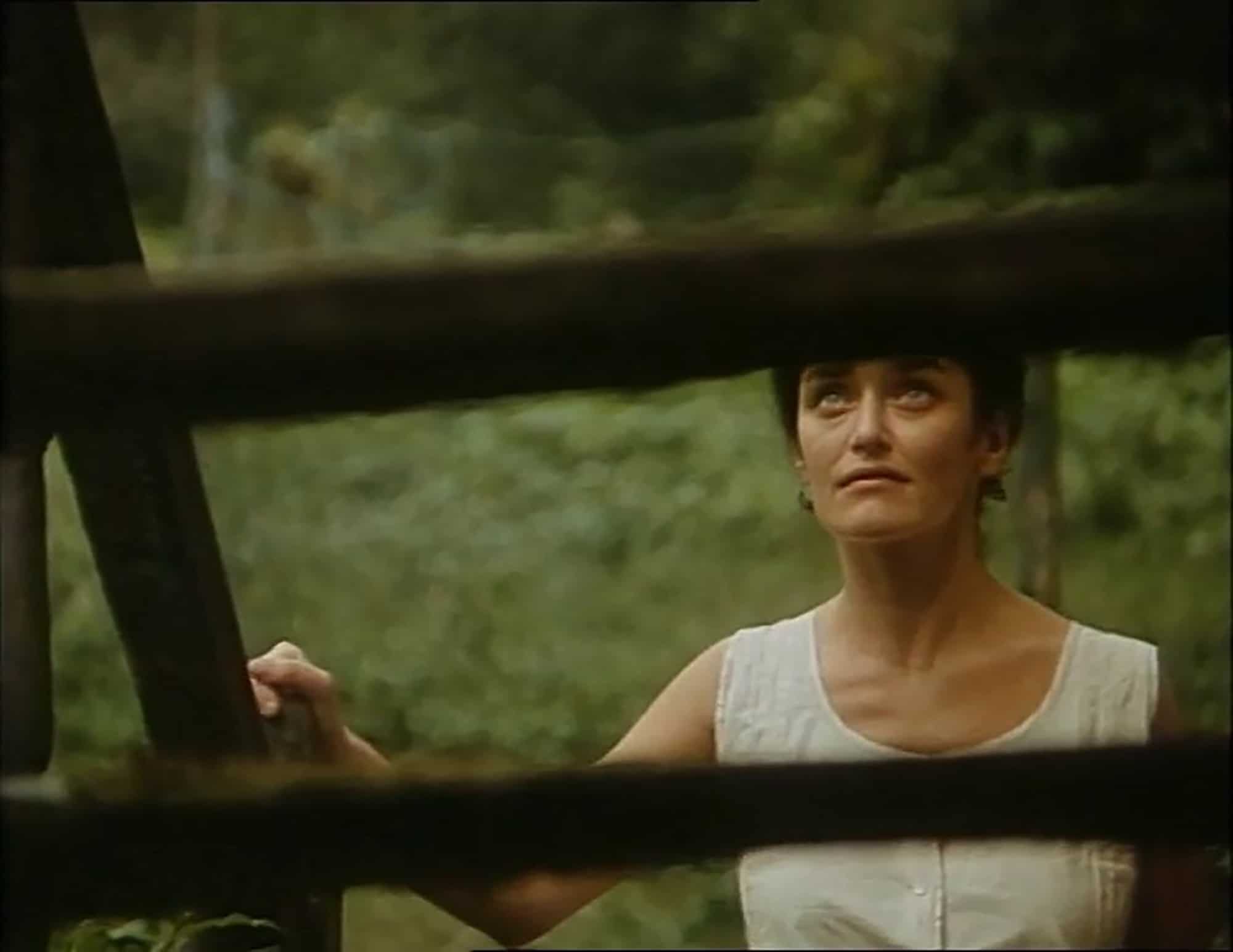
Director: Xabier Elorriaga
Country of production: Spain, 1985
Cast: Arantza Rentería, Juan María Segues, Igor Mendoza, Aizpea Goenaga, Elena Irureta, Idoia Arrizabalaga, Arantxa Urretabizkaia, Zuriñe Uriarte
Based on the novel of the same name by Arantxa Urretabizkaia, the film follows the life of a 30 year-old married woman and her son. The protagonist asks herself what drove her husband, Txema, to leave her alone with their child. Internal monologues serve to explore subjects such as motherhood, loneliness and everyday routine in the Basque society of the late 70s.
“Oraingoz izen gabe”
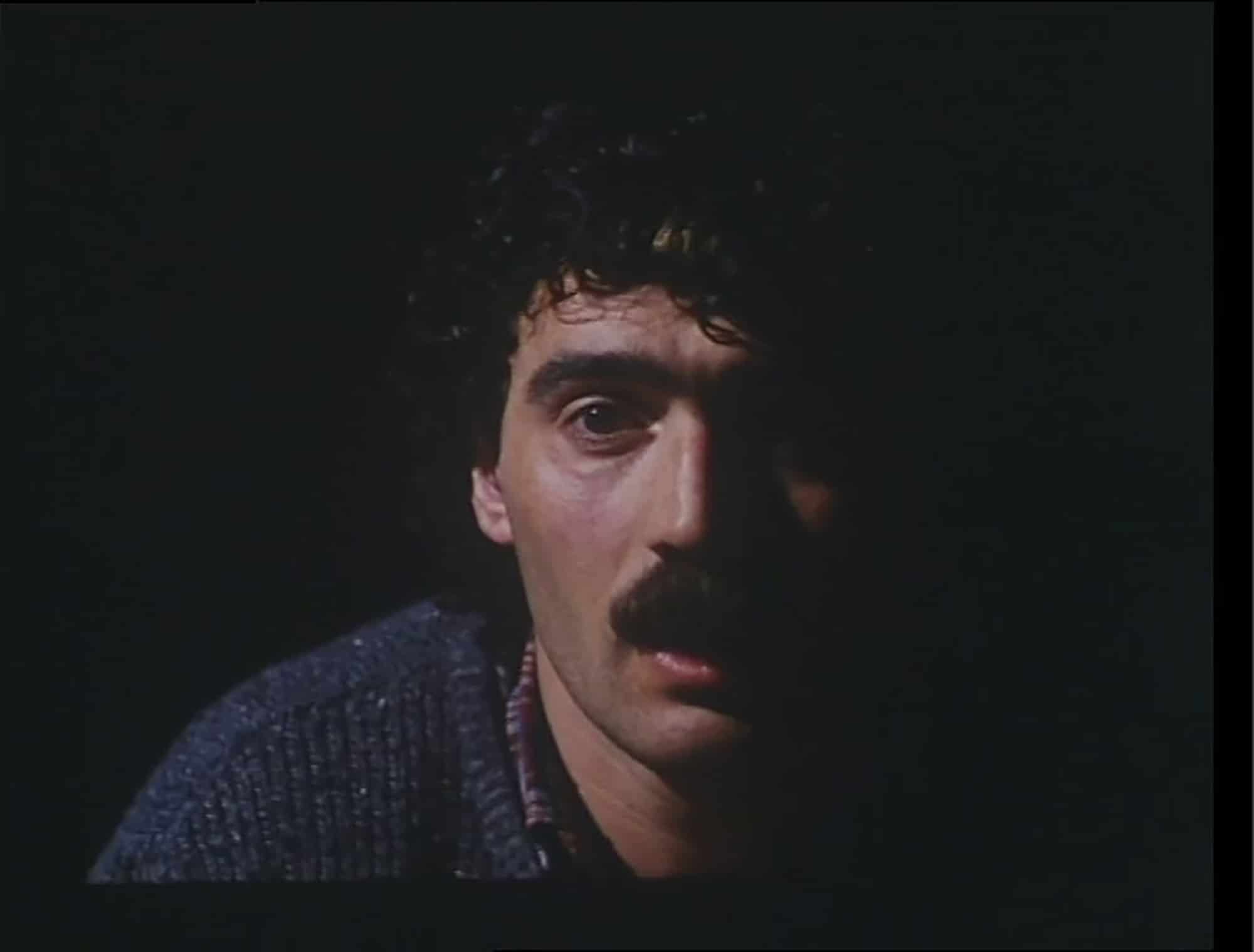
Director: José Julián Bakedano
Country of production: Spain, 1986
Cast: Iro Landaluze, Félix Arkarazo, Elene Lizarralde, Luis Iriondo, Eskarne Aroma, Jesús Eguzkiza
Manuel narrates his peaceful life with his brother Ramón until the arrival of a prostitute turns everything on its head. Esther’s presence sparks tension and conflict between the siblings until things come to a tragic end. The film explores family relations and repressed emotions in a rural environment.
